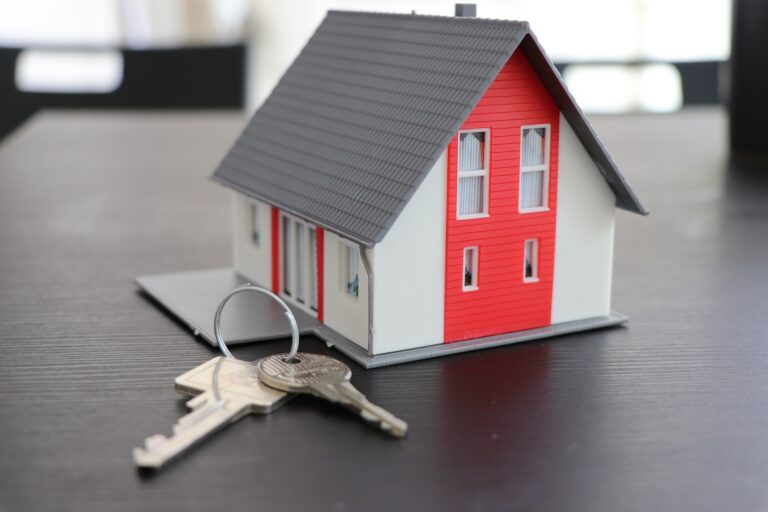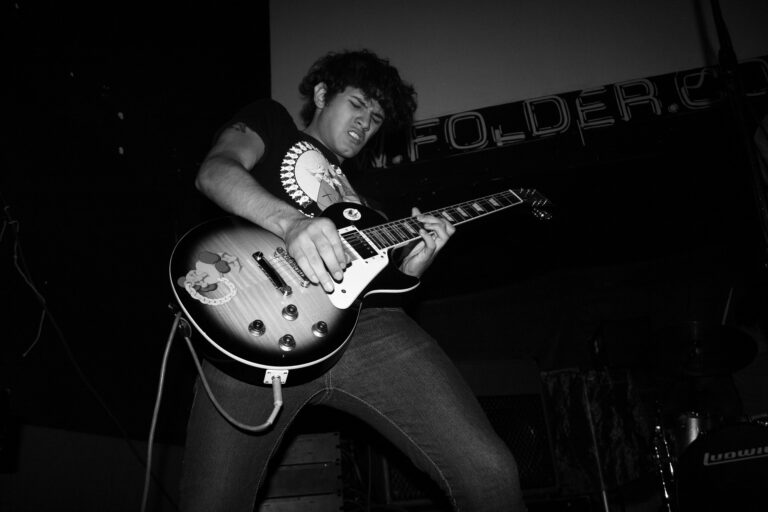Blog
Investing insights and how-to's at your disposal. Check out the Hipster blogs and help jump start your successful investing journey!
In this industry, you’ll want to learn to love the numbers. Love them like they are part of you. For good or for bad, ‘til death do you part, never
Do you want to become a successful investor like Robert Kiyosaki? Yet don’t have the time to actually look at enough investment properties… Or know what separates a good deal
“House hacking” is a popular term for buying a property that you live in yourself, and you also rent out part of it. Most often this would be buying a
Don’t want to work forever? Me neither. I want to retire while I’m young and fit. Write novels. Work at a winery for fun. Be there for my (yet unborn)
I’d be amiss if I only ever told you the good things about real estate investing. Not to be cliché, but if it were that easy, everyone would do it.
One of the biggest challenges with real estate investing, or any kind of investing, is having the capital in the first place so we can make investments. If we all
What is this magic phrase we keep using—turnkey rental properties? Turnkey (also spelled “turn key” and “turn-key”) technically refers to the condition of a property. The idea behind the phrase
Do you know what to look for when you start shopping for rental properties? How can you tell a good rental property from a bad one? What makes a rental
Most people get into real estate investing in order to develop some level of wealth creation. Maybe an average investor isn’t looking to make millions overnight by investing, but they
Have you ever heard the phrase “strengthen your strengths, not your weaknesses”? This was a profound learning I read, and later experienced, that went completely against anything I had ever
Taking the first step with anything is always terrifying. Starting out in real estate investing can be especially terrifying because most of us didn’t learn anything about it in school,
Welcome to real estate investing. Not to bring an overused old adage into the picture, but truly— “If it were that easy, everyone would do it.” If you buy an











